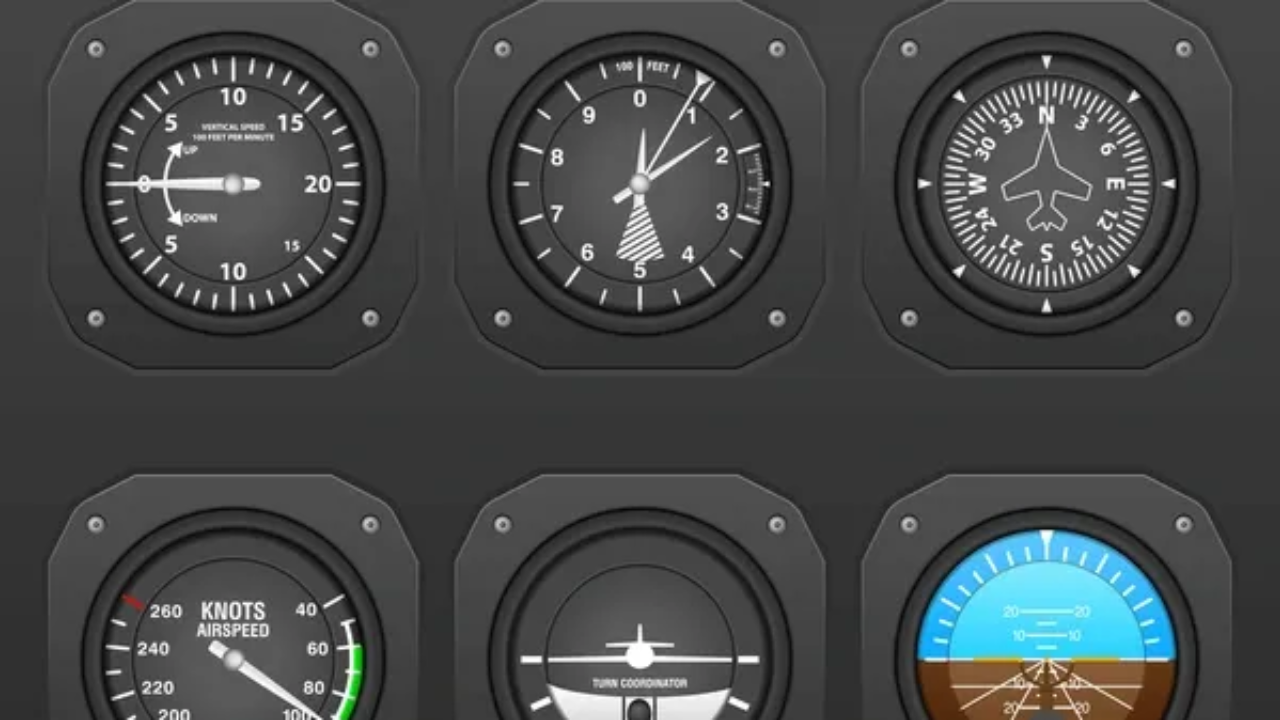When Trauma Puts You on Autopilot: Why You Disconnect and How to Come Back

Have you ever had the experience of going through your day, doing all the “right” things—showing up, smiling, saying all the expected words—yet feeling strangely absent from it all? Like you're watching yourself from a distance, vaguely aware but not really there?
That can be trauma talking. And one of its most common survival tricks? Autopilot.
What Is Autopilot, Really?
It’s not just spacing out or getting lost in your thoughts. When trauma puts you on autopilot, it’s a protective mechanism—your brain stepping in to say: This is too much right now. I’m going to shield you.
Autopilot, in this context, is a form of dissociation. It’s your nervous system’s way of preserving function when something feels overwhelming, unsafe, or emotionally unbearable. You might feel disconnected from your body, numb, foggy, or like you're just going through the motions. And often, you don’t even realize it’s happening until you begin to come out of it.
Survival First: Why Your Brain Chooses Autopilot
Trauma activates the brain’s survival responses—fight, flight, freeze, and sometimes fawn. But when none of those feel accessible or safe, the brain may shift into dissociation. It’s a bit like pulling a fire alarm inside your nervous system: Get through this now. We’ll process it later.
In this state, you might:
-
Smile or be overly accommodating even in deeply unsafe situations.
-
Say “yes” when your body is screaming “no.”
-
Feel like you're watching things happen rather than participating in them.
-
Forget entire stretches of time or conversations.
This isn’t weakness. This isn’t passivity. This is your nervous system doing its best to protect you.
The Role of Habitual Behavior
Autopilot often runs on ingrained patterns—habits, survival strategies, and conditioned responses from the past. These might be behaviors you developed long ago to stay safe, loved, or unnoticed. They get stored in the body and brain as default settings.
So when you’re triggered or overwhelmed, instead of choosing your next step with presence, your system just reruns the old program. It might look like caretaking, people-pleasing, disappearing emotionally, or pushing through at all costs.
The Hidden Cost of Staying Disconnected
In the short term, autopilot can be life-saving. It helps you survive unbearable moments.
But over time, living in this disassociated state can leave you feeling numb, emotionally distant, chronically fatigued, or like life is happening to you instead of with you.
Relationships can suffer. Your sense of self may feel blurry. You may struggle to trust your instincts or feel grounded in your body.
And you might even start to wonder: Is this just how life is now?
The Good News: You Can Come Back Online
Healing from trauma isn’t about blaming yourself for going on autopilot—it’s about gently becoming aware of it. It’s learning to notice when you’ve gone offline, and slowly, lovingly guiding yourself back.
This is where somatic practices come in. Because trauma lives in the body—not just the mind. Through body-based work, breath, movement, stillness, and compassionate curiosity, you can begin to:
-
Recognize when you’ve slipped into dissociation.
-
Befriend your nervous system instead of battling it.
-
Reconnect with sensation and presence.
-
Create safety inside your body, one moment at a time.
It’s not always fast, and it’s rarely linear. But it’s possible. And deeply worth it.
You’re Not Broken—You’re Brilliantly Adaptive
If you’ve been living on autopilot, it’s not a sign of failure. It’s a sign that your body and brain have been working overtime to protect you.
Now, if you feel ready, you can begin to unwind those old patterns—not by force, but with compassion. You don’t need to be “fixed.” You just need to be met—gently, consistently, and with kindness.

